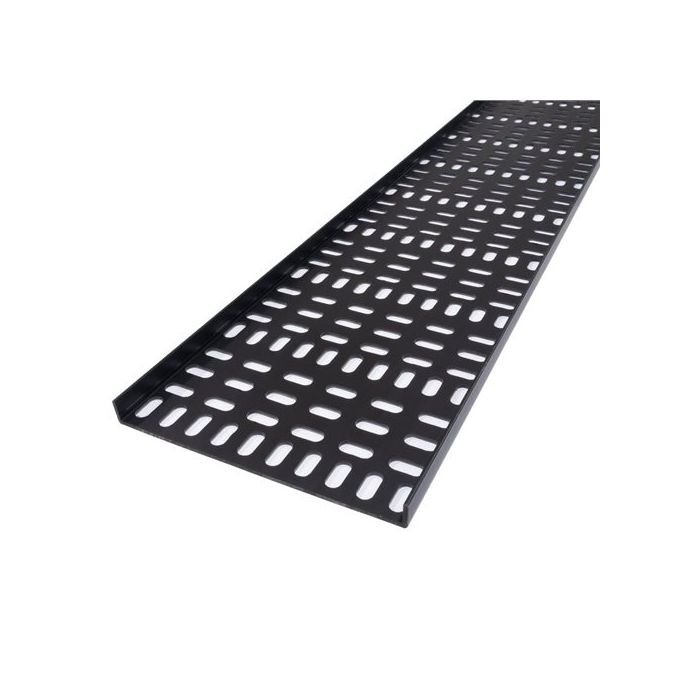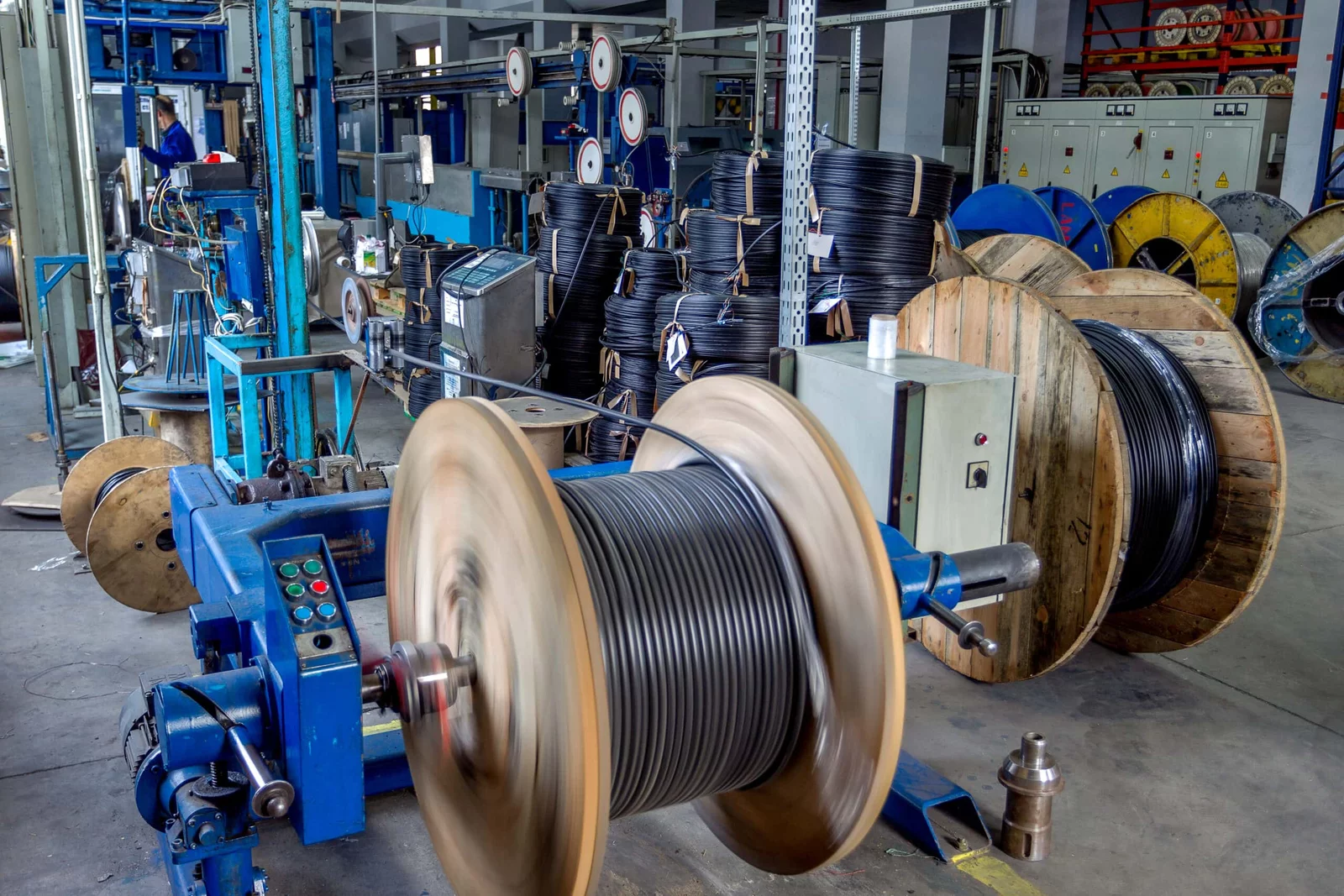Managing cables for enhanced efficiency.


Cable equipment refers to various tools, machinery, and accessories used in the installation, maintenance, and management of electrical and data cables. These components play a crucial role in ensuring the safe and efficient transmission of electricity, data signals, and communication services. Here are some common types of cable equipment and their uses:
Cable Pullers: Cable pullers are used to install cables into conduit or through cable trays. They can be manual, electric, or hydraulic, depending on the size and weight of the cables being installed.
Cable Reels and Spools: Cable reels and spools provide a convenient way to store, transport, and dispense cables. They come in various sizes and designs to accommodate different cable types.
Cable Cutters: Cable cutters are specialized tools used to cleanly and safely cut cables during installation or maintenance. They are available in manual, hydraulic, and battery-powered versions.
Cable Strippers: Cable strippers remove the outer insulation from electrical wires to expose the conductors. They are essential for preparing cables for termination or splicing.
Cable Testers: Cable testers are used to verify the integrity of cables and connections. They can identify faults, measure signal strength, and ensure proper cable functionality.
Cable Termination Tools: These tools are used to terminate cables with connectors or terminals. They include crimping tools, soldering irons, and compression tools.
Cable Management Accessories: Cable management solutions like cable trays, cable ties, and cable clips help organize and secure cables to prevent tangling and damage.
Fiber Optic Tools: Fiber optic cable equipment includes fusion splicers, cleavers, and testers designed specifically for installing and maintaining fiber optic cables.
Cable Lubricants: Cable lubricants reduce friction during cable installation, making it easier to pull cables through conduits and pathways.
Safety Equipment: Safety gear such as gloves, safety glasses, and cable handling gloves are crucial when working with electrical and data cables to protect against electrical hazards and injuries.
Cable equipment is essential in various industries, including telecommunications, construction, electrical contracting, and data center management. Using the right cable equipment ensures the reliability, performance, and safety of cable installations and helps maintain the integrity of electrical and data communication systems

